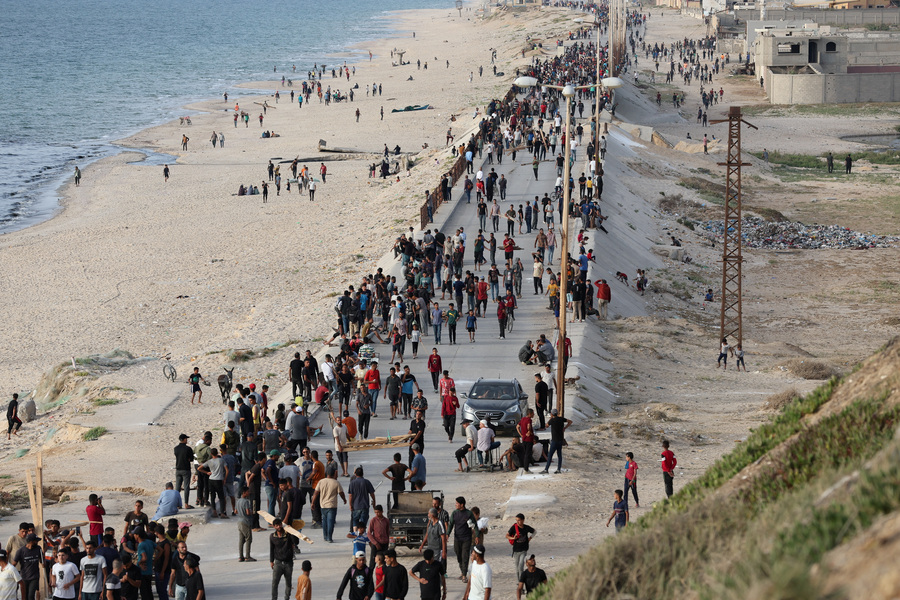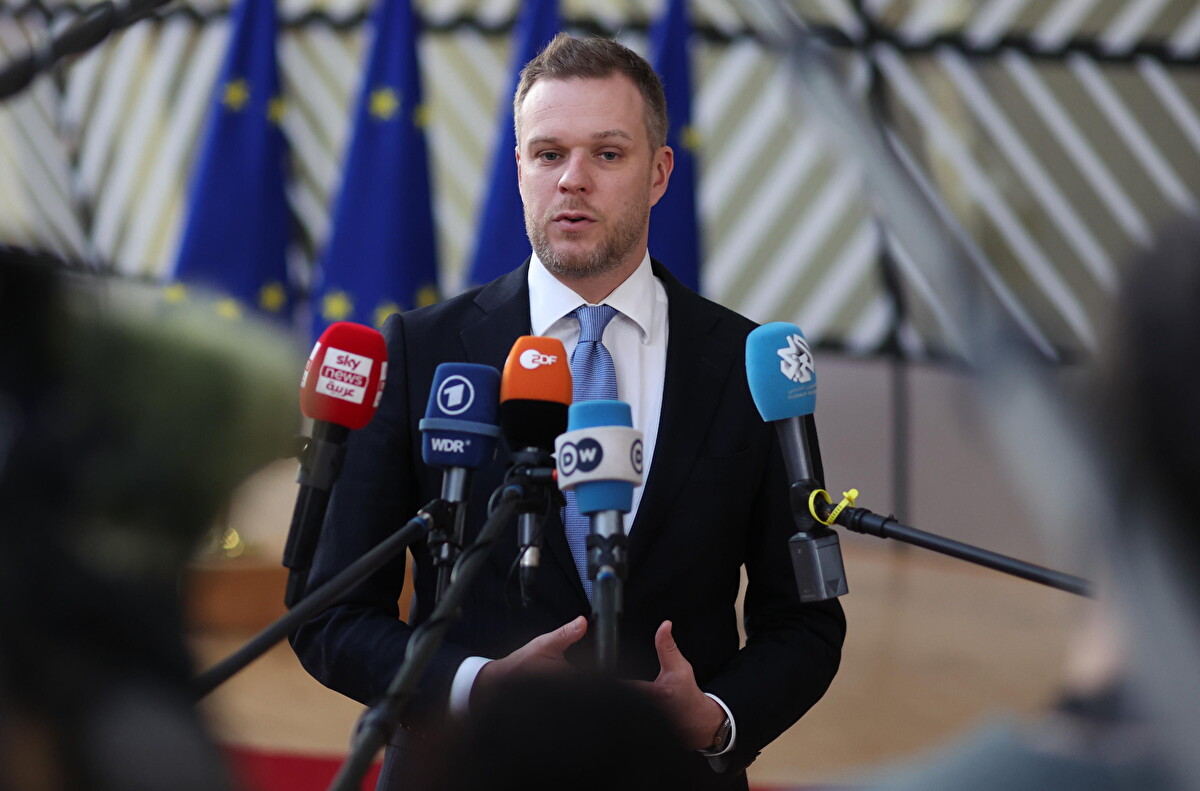In a significant development, Norway, Ireland, and Spain have announced their intentions to formally recognize a Palestinian state.
On Wednesday, Irish Prime Minister Simon Harris told a news conference in Dublin, “Today, Ireland, Norway and Spain are announcing that we recognize the state of Palestine. Each of us will now undertake whatever national steps are necessary to give effect to that decision.”
While Palestinian statehood has been recognized by more than 130 out of 193 member states of the United Nations, this move marks a historic moment in international relations and reflects a coordinated effort among these nations to support a two-state solution as a means for resolving the long-standing Israeli-Palestinian conflict. The recognition by these countries is seen as a step towards peace and stability in the region, emphasizing the right to self-determination and statehood for the Palestinian people.
“In the midst of a war, with tens of thousands killed and injured, we must keep alive the only alternative that offers a political solution for Israelis and Palestinians alike: Two states, living side by side, in peace and security,” Norway’s Prime Minister Jonas Gahr Støre said.
Marking a crucial distinction between Israel’s political policies and its religious identity, Spain’s Prime Minister Pedro Sánchez emphasized in his statement that, while “We will recognize the state of Palestine for peace, coherence and justice,” the recognition “is not against the people of Israel and certainly not against the Jews,” he said. “It’s not in favor of Hamas. It’s in favor of co-existence.”
This decision has been met with a variety of responses, with some viewing it as a positive contribution to peace efforts, while others have expressed concern over its implications for diplomatic relations and the peace process. The recognition is expected to take effect soon, which may influence other countries’ stances on the matter and could potentially reshape the geopolitical landscape of the Middle East, with some countries that have up to now been hesitating, becoming emboldened to join those who are in support of a two-state solution to bring the bloody war to an end.
With three key European countries making such a momentous announcement, Israel swiftly provided a condemnation, with a senior lawmaker ordering the immediate recall of Israeli ambassadors to Ireland and Norway. “Ireland and Norway intend to send a message to the Palestinians and the whole world today: Terrorism pays. After the terrorist organization Hamas carried out the largest massacre of Jews since the Holocaust, after it committed the most horrific sex crimes the world has seen, these countries chose to give a reward to Hamas and Iran and recognize a Palestinian state,” added Katz, in a statement released by the ministry.
Katz reiterated that his country “will not hold back against those who undermine its sovereignty and endanger its security.”
The pro-Palestinian support has largely been fueled on a global scale by Israel’s disproportionate response to Hamas’ attack on Israeli civilians on October 7. While there is agreement that the country has a right to defend itself against terrorist attacks, the violence against civilians and Prime Minister Netanyahu’s progressive escalation of the conflict, has caused global outrage.
As of late April, the Israeli army has killed 42,510 Palestinians over the course of the first 200-day attack, 38,621 of whom were civilians, including 10,091 women and 15,780 children. The bodies of several thousand are still under the rubble, while thousands remain missing and are presumed dead. These statistics include the killing of 137 journalists, 356 medical personnel, and 42 civil defense personnel. The humanitarian crisis, with Israel preventing aid from reaching the beleaguered Palestinians, has made life a living hell for the civilian population. In all, roughly half of Gaza’s prewar population of 2.3 million people has been pushed into Rafah.
When Israel launched its military response to the Hamas-led attacks, it told Palestinians in the north of Gaza to evacuate and head south for safety. The Israeli military operation then moved to central Gaza, and Palestinians were again ordered south. They are now effectively trapped in Rafah, a narrow strip that can in no way support the huge numbers of refugees. Once they were squeezed into Rafah, Netanyahu became determined to attack there too—despite repeated urging from President Biden not to do so.
Netanyahu’s intransigence and his vindictive stance have alienated many supporters. By defying the global appeals for moderation, Israel has lost much of the support and sympathy that it previously enjoyed, leading to what it feared most, calls for a Palestinian State.












